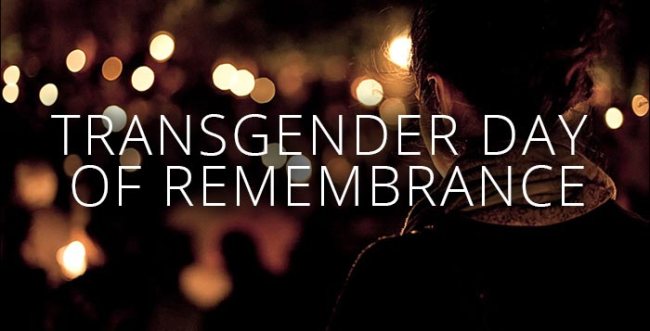Purposefully politicizing our sexual and reproductive health rights! State actors perpetuate violence against transgender women. Health is a human right….now more than ever!
S.H.E speaks from a feminist platform in articulating this strategic message to the South African, and other regional state actors, communities and other stakeholders in observing the 15th International Trans Day of Remembrance on 20 November 2013.
S.H.E, as a collective wants to highlight and address the violent actions (and sometimes the lack of appropriate actions) by our governments. The sad reality is that these actions go undocumented and they are unspoken of because the media would rather report on the sensationalist events accompanied by graphical pictures of scars, blood and murder. This plays off against the background of high prevalence of HIV because of an inappropriate government response. Trans* women globally, are plagued by high HIV prevalence, but more so on the African continent, and this is simply because we are not fully recognised by our leaders. A recent research report indicated a 19% HIV infection rate among transgender women globally. Needless to say, there was no data from the African continent.
“In South Africa and other parts of the African continent, our sisters die in large numbers as a result of the HIV burden. This will not change until we are recognised first, epidemiological counts of HIV among trans women are conducted, and effective evidence-based programming developed, that takes into account our unique needs as trans women, and far removed from the MSM (men having sex with men) response. The conflation of trans women with MSM statistics is fundamentally flawed and poses a threat to the health and well-being needs of transgender women”, says Leigh Ann van der Merwe – coordinator of S.H.E.
Transgender people are listed as a key population for the HIV intervention in the current National Strategic Plan on HIV, STIs and TB (2012-2016), yet there is no program(s) addressing the HIV burden in this population. There remains a large disparity between the political commitment on the provision of (health) services, and the lived realities of people on the ground. Outside of the health focus, safety and security remain a threat for African transgender women. Transgender women’s psychological and physical well-being comes under great threat when they are locked up in male cells in prison. They become vulnerable to rape and other forms of physical and/or psychological abuse, which in turn, has serious implications where HIV/Aids are concerned.
The focus, should however, not just be on government to deliver health and other services. The traditional leadership of especially the Eastern Cape Province have a very big role to play in advocating for the human rights of trans women. The issue of cultural circumcision is a contentious issue with the cultural obligation of all those born male-bodied to undergo cultural circumcision. This is a very controversial issue in light of government’s encouragement of circumcision as an HIV prevention strategy. Sadly, this intervention is based on a one-size-fits-all approach. Says Zaza Kwinana: “the obligation to undergo cultural circumcision in my culture goes beyond the snipping of the foreskin, it is the passage into manhood, the very notion that I reject as a self-identified trans* woman. As a sex worker, who does not have access to hormones and gender reassignment surgery, there are serious implications in the context of HIV/Aids”.
There are simply not enough accountability mechanisms on government concerning the sexual and reproductive health rights of minority groups. For this reason, we have to purposefully and strategically politicize our sexual and reproductive health rights context. On this transgender day of remembrance and into the lead up to the sixteen days of activism for no violence against women and children, we are appealing to the South African government, as well as other leaders on the African continent to initiate meaningful dialogues on sexual and reproductive rights for minority groups. There needs to be strategic efforts at understanding the ways that HIV affect particular groups and programming must be informed by such efforts. We fully share the ICASA conference’ sentiment on getting down to zero, now more than ever!
For more information on this statement, please contact:
Leigh Ann van der Merwe, S.H.E coordinator, Tel: +27(0)43 7220750, Mobile +27(0)73 8110789, Email: transfeminists@gmail.com/coordinator@transfeminists.org
Anele Klasmani, S.H.E Programs Officer, Tel: +27(0)43 7220750, Email: aneleklsm@gmail.com/programs@transfeminists.org
